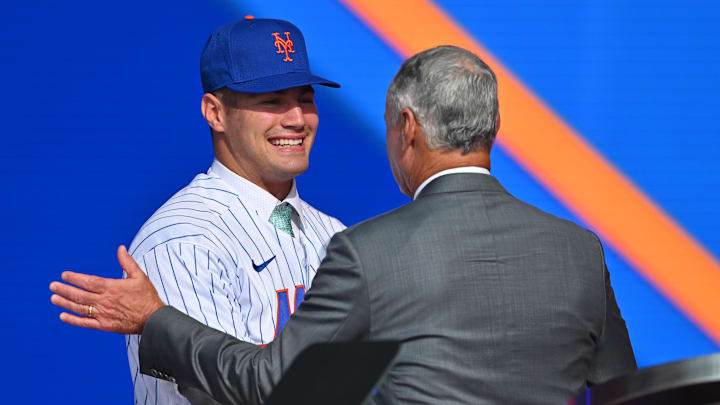Second reason for concern: Parada's defensive limitations.
Catchers arguably play the most difficult position in baseball. For starters, the physicality of being a catcher entails blocking pitches, taking foul balls off of chest and knee protectors, and throwing back to the mound after each pitch. Backstops are also asked to memorize the pitch selection of every arm in the rotation and bullpen as well as the tendencies of opposing batters. The catcher relays signs from the dugout back to the pitcher and position players. On top of all this, catchers are relied upon to provide offense.
Suffice it to say, hall of fame catchers may possess the most impressive accolade in Major League Baseball. Due to the difficulty of being a backstop, many of these players take longer to develop both their offensive and defensive abilities. For instance, Yadier Molina did not become a .300 hitter and win his first gold glove until his 5th major league season in 2009. J.T. Realmuto did not become a top catcher on both ends until his 3rd season when he hit .303 and threw out 35 percent of base stealers. Heck, it took until Travis d'Arnaud signed with the Tampa Bay Rays in 2019 to find his full potential.
This is not to say Parada will become a Hall of Famer or even an all-star. His defense is of concern to the Mets as the 21-year-old only threw out 18 percent of base stealers last season. Parada's receiving is also a work in progress, though it improved with experience in 2023. Drafted as an offensive-minded catcher, Parada's best-case scenario is a DH/C platoon with Alvarez in 2025. However, catchers deserve patience as the evidence shows they take longer to develop than other position players.
Kevin Parada knows he came to camp with his hitting ahead of his defense.
— MLB Pipeline (@MLBPipeline) March 19, 2023
He tells @jimcallisMLB that getting reps with the @Mets -- working with Justin Verlander and Max Scherzer -- has rounded out his game. pic.twitter.com/OgCC9wPgTL
